Mogadishu
I return to Mogadishu to find it’s calm – only a few assassinations, hit-and-run attacks, IEDs or suicide bombs — and at last most Somalis seem ready for peace. I’ve covered events here for 21 years and love imagining an end to war in this delightful city. I also know that it’s during times of calm, when you drop your guard — forgetting that there’s one rule for Somalis and another for foreigners — you end up dead.
Mogadishu is a town I know so well I could find my way around it blindfolded. Sadly, since the early 1990s I haven’t been able to wander about on my own. High seas piracy is declining, but land-based gangs and Al-Shabaab insurgents still see Westerners like me as worth a few bob in ransom. I’m with John Conroy, a tough veteran maker of Ross Kemp films in Afghanistan, where the Taleban shot him. To keep the insurers happy, we have an escort vehicle carrying two PKM machine-gunners and four riflemen — and double that number when visiting wilder spots. We’re told to wear full flaks and helmets. We carry a trauma kit with the following always to hand: tourniquet, airway tube and Celox blood coagulant for ramming into stab, gunshot or blast injuries.
Positioned front and back of our vehicle are Go Pro cameras recording our progress — and if we’re hit by an explosion or ambushed or kidnapped, that goes on tape. A GPS beacon placed on the dashboard continuously signals our position. Finally we carry lozenge-sized beacons small enough to hold in the mouth like a piece of chewing gum or to swallow in case of kidnap. These emit VHF signals that can be tracked by rescuers. I adapted this system myself after talking at home in Kenya to zoologists using VHF trackers to research the behaviour of lion and elephant.
It looks good on paper, but no system is failsafe. The flak jacket makes me sweat so much I caught a chill in air-conditioned rooms and now have such a bad cold I can’t stay alert. Flaks are embarrassing to wear while interviewing ordinary people with whom you are supposed to empathise — especially when surrounded by six gunmen. You look like an unfriendly show-off. A long time ago I persuaded a Somali militiaman to shoot at my flak plate point-blank and was happy to find it did work. But it slows you down. In 1993 an American chopper pilot filmed the last moments of my friend Dan Eldon, a Reuters photographer, as he fled a Mogadishu mob. He tried to remove his flak so he could run faster but as he did this they caught up with him and he was shot, stabbed and stoned to death.
The escort guards obviously attract attention. Look at me! I’m rich and important enough to hire a convoy! A few years ago in Mogadishu a large IED exploded right behind my vehicle and blew up my escort car, killing three people. In a soft-skinned Landcruiser there’s not much you can do except wince and sigh deeply. On the road I wear my flak, sit on another flak and use my helmet as a shield over my groin. I don’t mind if I die instantly but I refuse to survive as a gelding. It might be safer to self-drive a Fiat Uno, except that this would rob Somalis of business and they’d assassinate you anyway.
The GPS and VHF beacons seem like a fine idea but if I had to swallow the lozenge it would come out the other end each day and you’d have to hope hard that your rescuers were on the way each time you ingested that thing again and again — before the batteries ran out.
In the end, I’m afraid no quantity of guns, armour, medicine or technology will save you. In two decades of Somalia I’ve come to believe much more in trustworthy friends, luck, a bit of charm, local knowledge — and a jolly good book. In the evenings behind high walls I read the poems selected over my summer holidays when the muse inspired me. They are my ‘hostage anthology’, lines to be memorised in case I fall into the hands of the Salafists. The choices exclude war and Nature, though some are about the sea. They dwell mostly on love — the hardest thing to come by in a windowless cell. They are a blast shield protecting me against the heat and the dust.
Got something to add? Join the discussion and comment below.
Get 10 issues for just $10
Subscribe to The Spectator Australia today for the next 10 magazine issues, plus full online access, for just $10.


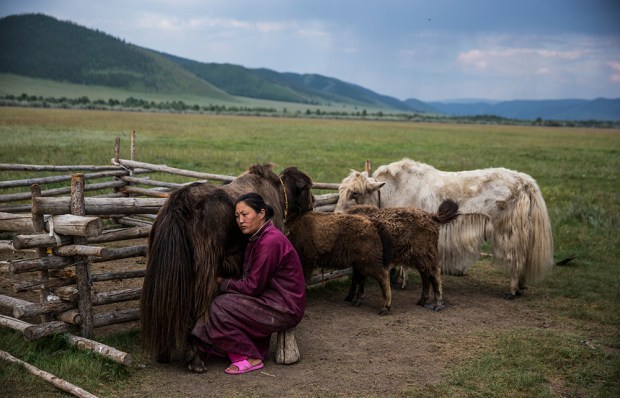
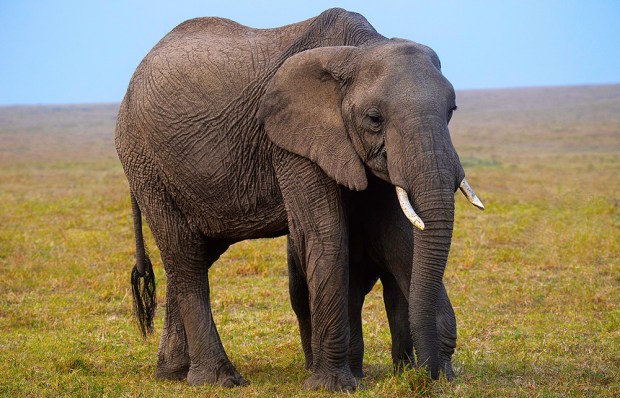
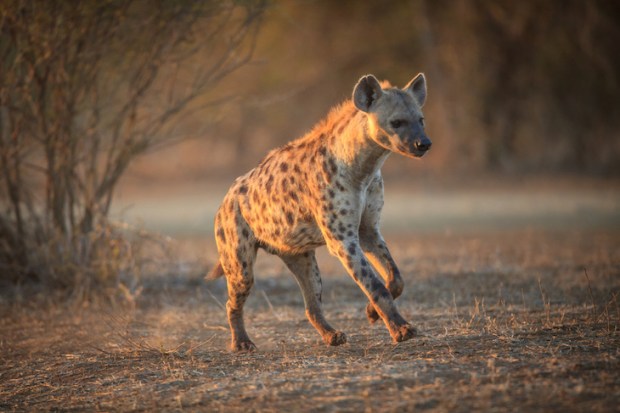
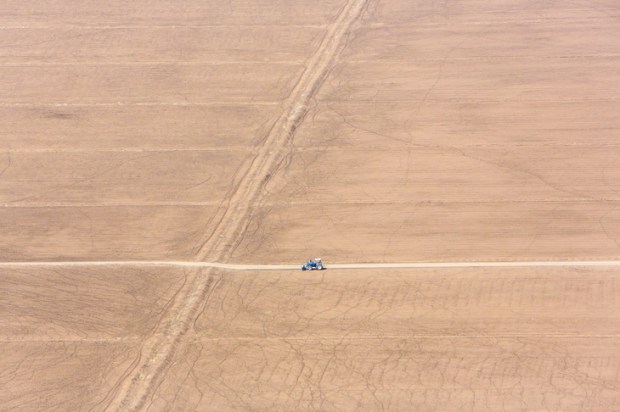
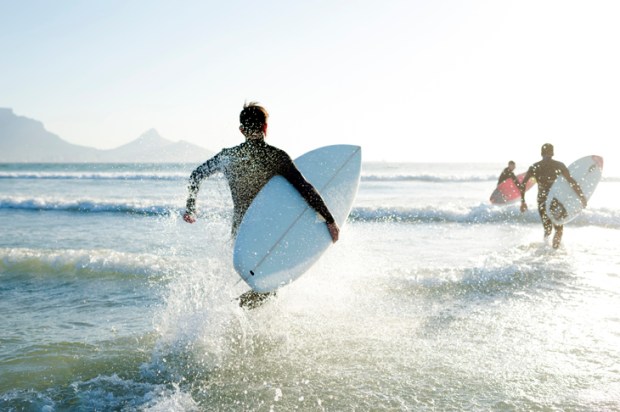
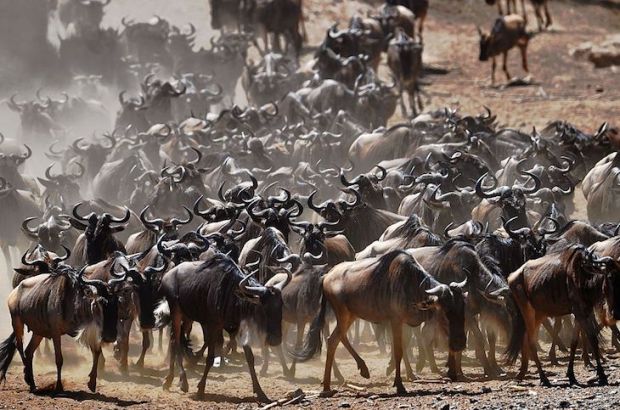






Comments
Don't miss out
Join the conversation with other Spectator Australia readers. Subscribe to leave a comment.
SUBSCRIBEAlready a subscriber? Log in